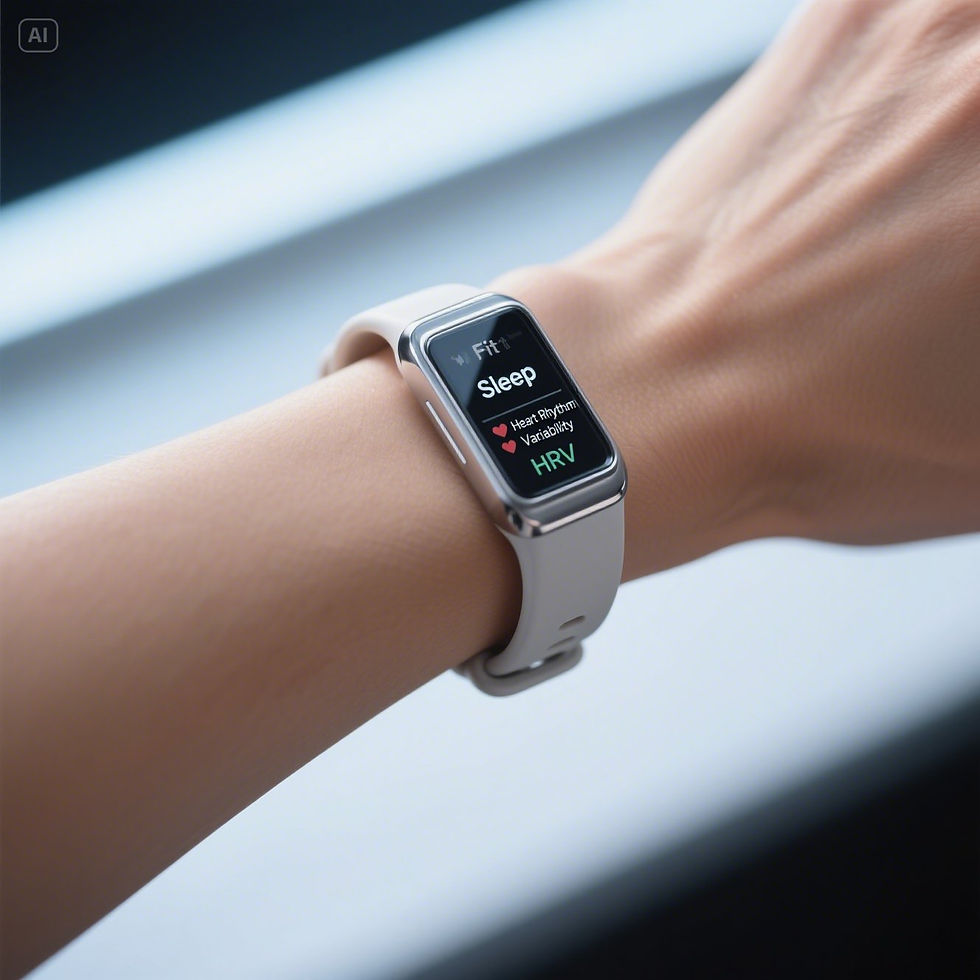"Repetitive Transcranial Magnetic Stimulation (RTMS) for the Treatment of Treatment-Resistant Depression"
- fanilia chaterin

- Jul 31
- 2 min read

Repetitive Transcranial Magnetic Stimulation (RTMS) Can Improve Treatment Outcomes for Treatment-Resistant Depression.
Taipei Veterans General Hospital cites a WHO estimate stating that depression is the leading cause of disability worldwide, with 30% of patients suffering from treatment-resistant depression. These patients can benefit from repetitive transcranial magnetic stimulation (RTMS) as an effective treatment.
Yesterday, Taipei Veterans General Hospital established an "Emotional Precision Medicine Center", utilizing AI-powered medical technology and advanced brain imaging to analyze big data and accurately predict the severity of treatment-resistant depression. The goal is to provide personalized and precise diagnoses and treatment plans, improving the success rate of RTMS therapy.
One case involved a 25-year-old woman who had suffered from depression for over a year. During episodes, she experienced severe psychomotor retardation and suicidal thoughts, significantly impairing her ability to work. Traditional antidepressant treatments had failed, classifying her condition as treatment-resistant. AI analysis suggested that she was a good candidate for RTMS. After three weeks of treatment, her symptoms significantly improved, and she was able to return to work.
Dr. Lee Cheng-Ta, Director of the Community Rehabilitation Psychiatry Department at Taipei Veterans General Hospital, explained that serotonin and dopamine-based antidepressants often prove ineffective for patients with treatment-resistant depression. RTMS targets specific areas of the brain to achieve therapeutic effects. However, not all patients are suitable candidates—research shows it is effective in only about 40% of cases. Since 2018, the hospital has utilized RTMS to treat over 1,000 patients.
Dr. Pai Ya-Mei, Director of Adult Psychiatry at the hospital, added that the Emotional Precision Medicine Center offers more than RTMS—it also provides fast-acting antidepressants as part of an integrated, holistic treatment strategy, helping patients actively recover and return to a healthy life.
Art Therapy
A. We offer an outdoor sculpture space with on-site guidance from an art instructor (see Image 1). Even those with no prior experience can start right away.
The word “sculpture” includes two parts: “carving” (removal) and “molding” (adding). From a psychological perspective, carving implies purification, which has excellent effects on treating depression.
We use plaster as the primary material, requiring only two simple tools (see Image 2), with no risk of self-harm.
Freshly unmolded plaster pieces are often imperfect and require significant time to refine (see Image 3). Mistakes are no problem—you can simply recast another one using the mold.
Finished works (see Image 4) will be matched with 3D decorative business opportunities. If sold, the full profit goes to the person who refined the artwork.
B. Other concentration and mindset-shifting activities include model assembly. Many people admire the beautifully displayed models in stores (see Image 5), but few have time to build them. Here, participants can assemble models and sell them—the entire profit goes to the person who built it.


Comments